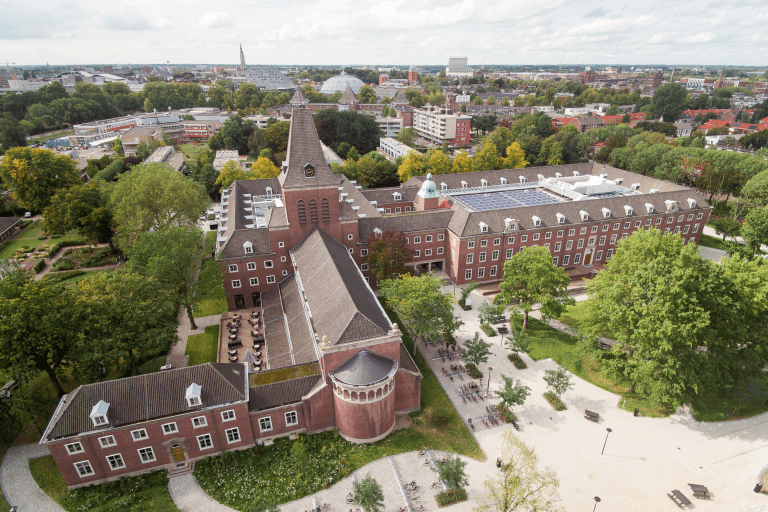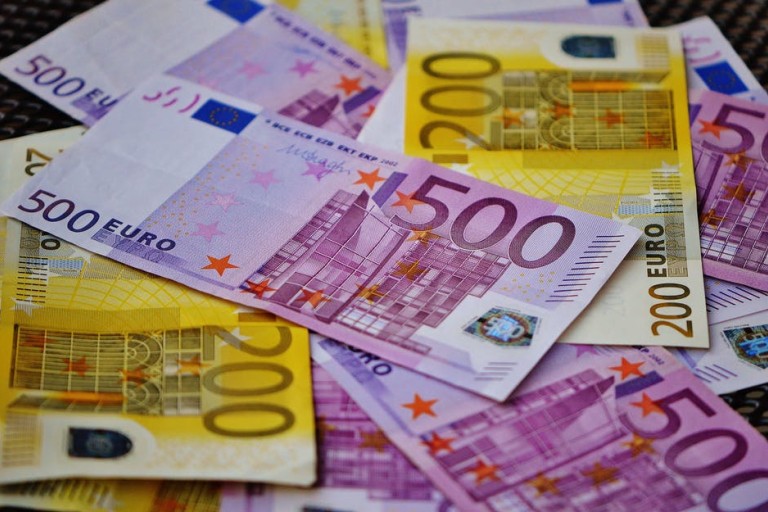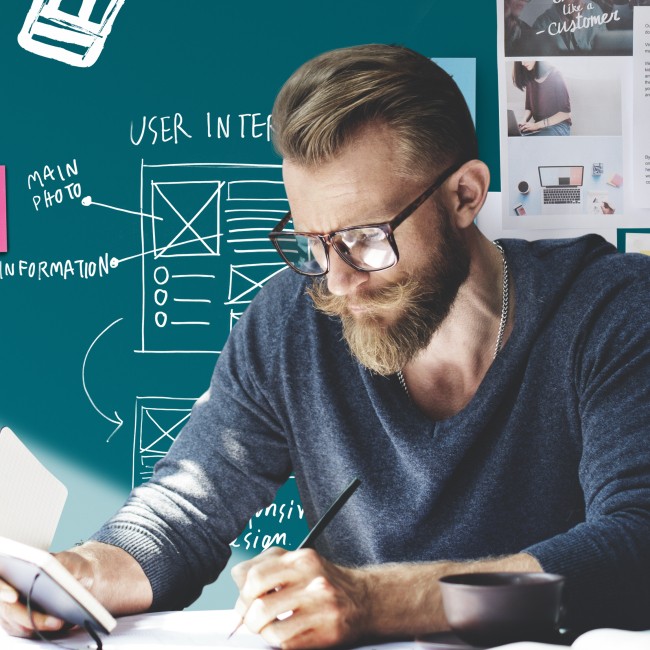Study overview
The field trip takes the form of a design competition concentrating on the phases of Inspiration and Ideation. Students will be divided into subgroups of four to five students and work on one or more real-life challenges for a case-owner in the cultural setting of Malta.
In preparation for the trip students will start the inspiration phase by executing desk research and investing time in getting to know the destination (political, socio-cultural, historical, economic context, etc.) as well as the design challenge at hand (background, different perspectives, powers and interests of various stakeholders, etc.). During the field trip the inspiration phase can be extended and broadened, and the ideation phase can be carried out. Because of the limited time available the implementation phase can not always be executed. Suggestions for implementation however, need to be formulated.
The itinerary of the field trip will include a rich variety of contacts with all sorts of stakeholders. Think of visits to universities, organisations and/or local governments. Among other things you will follow lectures, have Q&A sessions with experts and participate as well as facilitate co-creative sessions with students or stakeholders. During your exploration journey you are encouraged to use existing design research tools (e.g. interviews, observations, world café, mobile interviewing, photo voice, fishbowl, etc.) or develop your own (additional) approach or tools.
In the field trip you will (further) develop the following Imagineering competencies:
- Ability to create empathy with people you design with and for
- Ability to identify broad potential within a given problem statement
- Ability to work at different levels of abstraction
- Creation and evaluation of alternative solutions
- Ability to add and maintain value
- Ability to establish purposeful relationships between solution and context
- Ability to use form to embody and communicate ideas
- Develop your creative confidence and mindfulness
After this field trip you will be able to facilitate, (co-)create and (re)design interventions, processes, experiences and dialogues in a human-centered way by means of developing a creative tension engine or high concept aiming at emergence.
You are expected to be fully available and dedicated to the Design Challenge and the group process during the complete duration of the field trip. The total study load is three ECTS credits. With one ECTS credit being equivalent to 28 hours of study, this means that the programme has a study load of approximately 42 hours per week.
The field trip will be supervised by two Imagineering lecturers. These lecturers will be available for consultation and formative assessment during the trip. Furthermore, they will be responsible for the final, summative assessment of the group presentations at the end of the second field trip week.
You will be joining the field trip of the Master Imagineering. This class consists of a small group of full-time as well as part-time students from very diverse cultural as well as educational and/or professional backgrounds.
Together you will be immersed in a two-week deep dive into design around real-life challenges of (local) case owners in search of change and innovation. While designing for organisational emergence in a different cultural context and collaborating with students from diverse backgrounds, you will experience the impact of the complex dynamics of intercultural dialogue and communication.
Practical information

Date
Date to be announced.

Location
The destination of the field trip is Malta.

Costs
The course fee is 4,500 euro including all costs (as well as flight, accommodation and supervision).
Edubadge
At the end of the field trip the student groups will present the output of their design assignment to a jury. The jury will consist of the two IMA lecturers supervising the trip as well as local stakeholders. The jury will select the winning team that comes up with the best design deliverable, based on the quality of the analysis, output in the form of a generative image, and suggestions for implementation.
If you finish this course, you will receive an Edubadge, a recognised digital certificate. This microcredential will be provided at NLQF level 7.

More courses for professionals
Did you know that we offer more courses for professionals? On this page you will find an overview of all courses and you can read more detailed information about these microcredentials.
